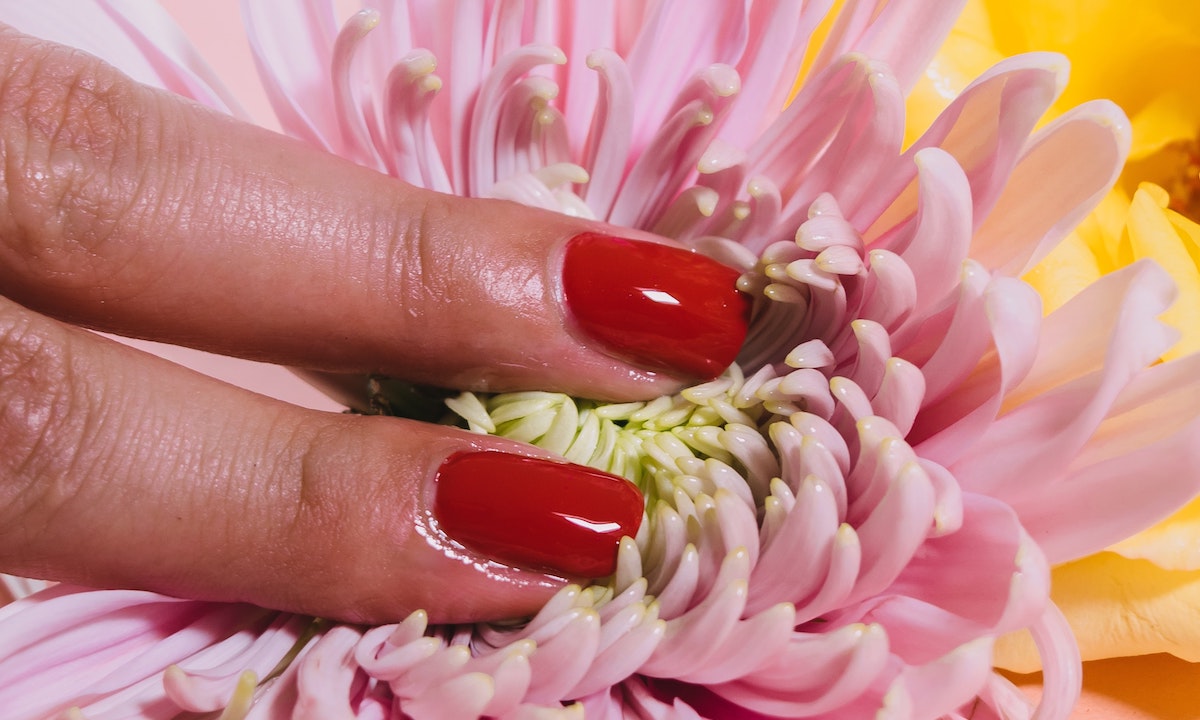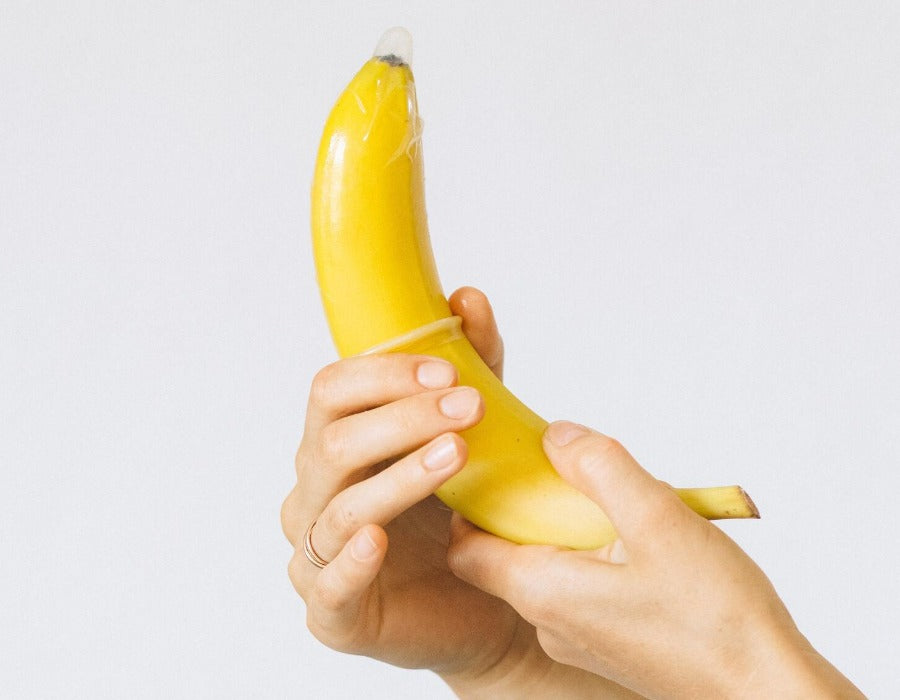For years masturbation was thought of as dangerous, unhealthy and taboo. Society has come a long way since then and is far more accepting of sex and masturbation for pleasure. However, we still hear the odd masturbation myth floating around and it is scary how damaging these can be.
With these masturbation myths, people are led to believe they are ‘dirty’ if they feel the ‘need’ to masturbate, or feeling like there’s something wrong if their partner still ‘needs’ to masturbate. In reality, masturbation has a whole host of health benefits and feels pretty damn good - so why wouldn’t you?
Here are some of the most outrageous and common masturbation myths floating around and how we are going to debunk them.
Masturbation Myth #1: Masturbation decreases sensitivity
This masturbation myth is commonly referring to masturbation with a vibrator or sex toy, for fear that the powerful vibrations will mean deadened and desensitized nerve endings. But this is all a myth as found by this study and regular use of a vibrator will not impact a person's ability to experience pleasure. Sometimes you can feel a little numb after a lengthy session with a powerful vibrator - but this will always return back to your usual sensitivity. So masturbate away as you will not become desensitized if you masturbate with your vibrator.
Masturbation Myth #2: Masturbation ruins sex
In fact, the opposite is true. Masturbation can make your partnered sex amazing and improve your sex life! How do you expect your partner to know what you like if you don’t know yourself? Learn what you like through self-exploration and reap the rewards in your partnered sex life.
Masturbation Myth #3: If you masturbate you aren’t a virgin
Virginity is a social construct - not something physical or medical. However, the concept of virginity is sometimes linked to the hymen (for people with vulvas) - which can be broken through non-sexual physical activities such as horse riding, not just sexual activity. Breaking your hymen doesn’t mean you aren’t a virgin anymore and neither does masturbation. Regardless of this, virginity is essentially a made-up concept - if you have ‘lost’ it that’s up to you and everyone has their very own definition of what constitutes losing your virginity whether that’s penetrative sex or oral sex.
Masturbation Myth #4: There are no health benefits to masturbation
Masturbation has a whole host of positive health benefits that can help you to lead a healthier, happier and more pleasurable life. From relieving stress to easing pain to boosting your immune system - there are far more scientifically proven reasons masturbation is good for you than it is not.
Masturbation Myth #5: Masturbation shrinks your genitals
There is no single origin for this myth but it seems to float around quite a lot. Perhaps it comes from the fact that testosterone levels fall briefly after ejaculation but this is only because they go up temporarily. This means no - masturbation will absolutely not shrink your genitals in the short or long term.

Masturbation Myth #6: Masturbation causes infertility
In short, no. Masturbation does not affect a person’s capability of having a child. Some studies have shown that frequent masturbation for men may lower sperm volume and density, however, does not impact their overall fertility, whereas other studies have shown it has no effect at all if you have normal quality sperm. Whilst for women several studies have concluded that there is no direct relationship between masturbation and fertility.
Masturbation Myth #7: Masturbation causes alopecia (bald patches)
This one might have come from the idea that semen contains high levels of protein and with each ejaculation, the body is losing protein that it could use for hair growth. This assumption is a damaging one and there is no scientific evidence to support it.
Masturbation Myth #8: Masturbation causes memory loss
In fact, the opposite is more likely! As your hormones and neurotransmitters increase during masturbation, masturbation can actually improve focus and concentration instead.
Masturbation Myth #9: Masturbation is addictive
This is a complex phrase. On one hand, yes you can become addicted to the orgasmic feeling created by the rush of hormones making you feel good, which can lead to compulsively masturbating. However, this is more to do with it being a compulsion, not an addiction - there is no clinical diagnosis for masturbation addiction. But with all things, it is best in moderation and if you feel that it has got out of control you are best to seek help.
Masturbation Myth #10: Couples shouldn’t masturbate
The idea that a couple shouldn’t masturbate separately is not true. Just because one partner might choose to masturbate is not a direct reflection of how sexually satisfied they are. Sometimes masturbating solo is just what you need to leave you feeling less stressed and happier.
Masturbation Myth #11: Masturbation causes blindness
Reserved as one of the most common and silly masturbation myths, masturbation does not make you go blind. There is absolutely no scientific link between vision and masturbation. And we are left wondering how this one is still circulating?
Masturbation Myth #12: Masturbation causes hairy palms
Palms do not have the ability to grow hair - there are no hair follicles on the palms of the hands and therefore, no hair. No matter how hard you masturbate, you will not grow hair on your palms. Even if you tried really hard to grow hair on your palms, you would not be able to. Take comfort in knowing that. Also, whoever is coming up with these myths needs to think about the continuity of them - how does masturbation make you lose and grow hair at the same time?
Masturbation Myth #13: Masturbation causes erectile dysfunction
Masturbation is completely natural and studies have shown that it does not relate to either the quality or frequency of erections. Erectile dysfunction has many causes from psychological to physical but masturbation has not been scientifically proven to be one of them.
Masturbation Myth #14: Masturbation is not normal
Masturbation is entirely natural and very normal! It is extremely common and does not cause any physical injury or harm to the body. So go ahead enjoy touching yourself and revel in pleasure.
Debunking masturbation myths can help relieve the societal stigma surrounding sex toys and self-love. With all these myths debunked - go enjoy some self-love.















































